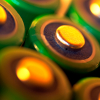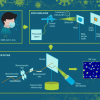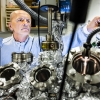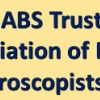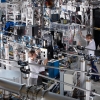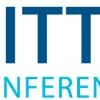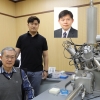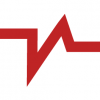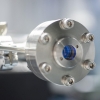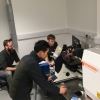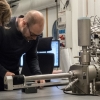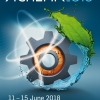News
Surface Analysis News
Raman and X-ray photoelectron spectroscopies and X-ray diffraction have shown the underlying mechanisms leading to failure of energy storage devices.
In a study that used inorganic, physical and analytical chemistry to mimic respiratory droplets that can carry viruses, researchers demonstrated a mechanism that enables multiple mask materials to be protective.
Researchers at Linköping University, Sweden, however, have shown that X-ray photoelectron spectroscopy is often used erroneously.
The use of high-resolution secondary ion mass spectrometry imaging indicates that there may be up to 70 times more hydrogen in Earth’s core than in the oceans.
Applications are invited for two awards administered by the ABS Trust.
Using time-resolved X-ray photoemission spectroscopy, scientists are for the first time analysing at the femtosecond scale the processes in a model system for organic solar cells.
Researchers from Daegu Gyeongbuk Institute of Science and Technology have used SIMS to visualise up to tens of different proteins simultaneously in the same cell.
Using gas cluster ion beam secondary ion mass spectrometry (GCIB-SIMS), researchers at Penn State have directly observed functional enzyme clusters (metabolons) involved in generating purines, the most abundant cellular metabolites.
Applications are invited for these prestigious awards administered by the Association of British Spectroscopists (ABS) Trust.
Heidelberg University physicists develop new method based on UV photoelectron spectroscopy to show the energetic landscape within solar cells made from organic materials.
Hiden Analytical have opened a new company, Hiden Analytical Europe GmbH.
The ABS Trust is seeking applications for the Gordon F. Kirkbright bursary award and the new Edward Steers bursary, both open to early career scientists.
Machine learning techniques using a combination of the layer clustering and decision tree methods aids prediction of spectra.
Electronic circuits are miniaturised to such an extent that quantum mechanical effects become noticeable. Using photoelectron spectrometers, solid-state physicists and material developers can discover more about such electron-based processes. Fraunhofer researchers have developed a new spectrometer that works in the megahertz range.
Applications for this prestigious award are invited by 30 November 2018.
Raman, infrared, x-ray photoelectron and ultraviolet/visible spectroscopies are being used at the University of Liverpool to help develop better energy storage devices.
The use of time-of-flight secondary ion mass spectrometry imaging to examine the skin can reduce the number of animal experiments while providing new opportunities to develop pharmaceuticals and cosmetics.
Achema 2018 is inviting contributions to the Achema Congress and the PRAXISforums; deadline 22 September 2017.
A cooperation between Messe München India and the Indian Pharma Machinery Manufacturers Association (IPMMA) will collocate events jointly representing 600+ global and Indian companies.

